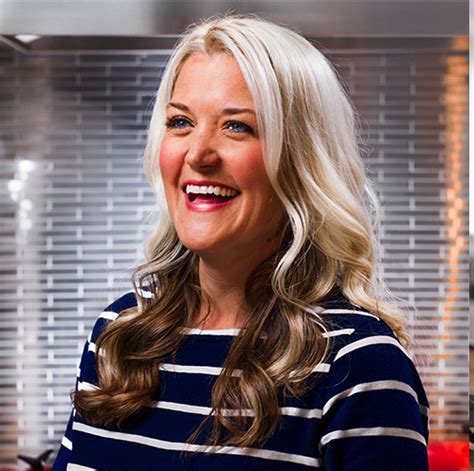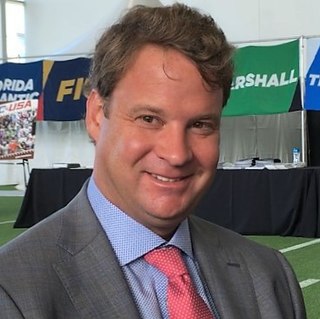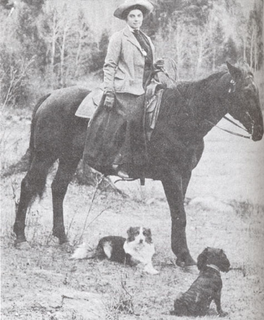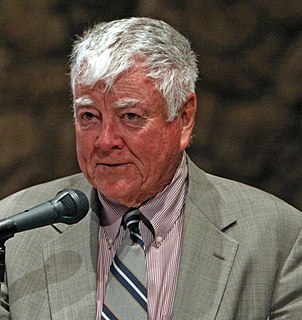A Quote by Ellen Goodman
Our 'mistakes' become our crucial parts, sometimes our best parts, of the lives we have made.
Related Quotes
There's nothing small or inconsequential about our stories. There is, in fact, nothing bigger. And when we tell the truth about our lives - the broken parts, the secret parts, the beautiful parts - then the gospel comes to life, an actual story about redemption, instead of abstraction and theory and things you learn in Sunday School.
If only the scientific experts could come up with something to get it out of our minds. One cup of fixit fizzle that will lift the dirt from our lives, soften our hardness, protect our inner parts, improve our processing, reduce our yellowing and wrinkling, improve our natural color, and make us sweet and good.
When we can let go of what other people think and own our story, we gain access to our worthiness—the feeling that we are enough just as we are and that we are worthy of love and belonging. When we spend a lifetime trying to distance ourselves from the parts of our lives that don’t fit with who we think we’re supposed to be, we stand outside of our story and hustle for our worthiness by constantly performing, perfecting, pleasing, and proving. Our sense of worthiness—that critically important piece that gives us access to love and belonging—lives inside of our story.
Habits are powerful, but delicate. They can emerge outside our consciousness, or can be deliberately designed. They often occur without our permission, but can be reshaped by fiddling with their parts. They shape our lives far more than we realize—they are so strong, in fact, that they cause our brains to cling to them at the exclusion of all else, including common sense.

































